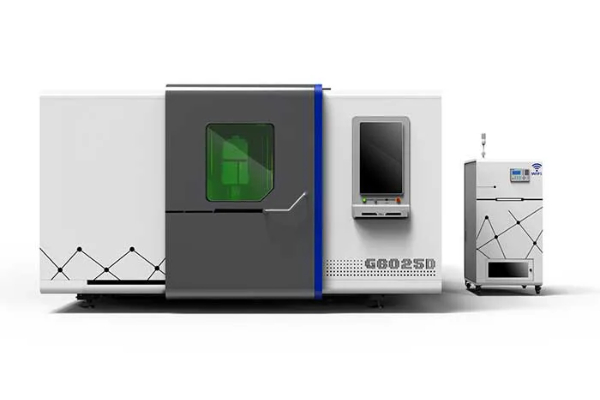
Environmental Considerations in Metal Bending Processes
- By:Metmac
- 2024-05-21
- 107
Environmental Considerations in Metal Bending Processes: A Comprehensive Overview
In the realm of manufacturing, metal bending processes play a pivotal role in shaping and fabricating metal components for diverse applications. However, these processes can also pose significant environmental concerns if not conducted sustainably. This article delves into the environmental considerations that must be meticulously addressed in metal bending operations to minimize their ecological impact.
Waste Management:
Metal bending processes generate substantial amounts of scrap metal, including cuttings, shavings, and punchouts. Responsible waste management practices are crucial to prevent these materials from accumulating in landfills, contaminating soil and water resources. Recycling and reusing scrap metal reduces the need for raw material extraction and energy consumption, thereby mitigating greenhouse gas emissions.
Emission Control:
During metal bending, lubricants and coolant fluids are utilized to minimize friction and improve tool life. However, these substances can contain hazardous chemicals that, if not handled properly, can pollute the environment. Implementing emission control systems, such as mist collectors and air scrubbers, is essential to capture and remove harmful emissions before they are released into the atmosphere.
Energy Efficiency:
Metal bending processes require substantial energy, primarily from electricity. Employing energy-efficient equipment, such as variable speed drives and optimized heating and cooling systems, can significantly reduce energy consumption and minimize the carbon footprint of the operation. Additionally, optimizing process parameters and reducing idling times can further enhance energy efficiency.
Water Conservation:
Metal bending often involves the use of water-based coolants. Implementing water conservation measures, such as closed-loop recirculating systems and rainwater harvesting, can minimize water consumption and reduce wastewater discharge. Treating and recycling wastewater before disposal is also crucial to prevent contamination of aquatic ecosystems.
Occupational Health and Safety:
Environmental considerations in metal bending extend beyond ecological impacts to encompass occupational health and safety. Exposure to noise, dust, and fumes during bending processes can pose health risks to workers. Adequate ventilation, personal protective equipment, and regular monitoring of air quality are necessary to ensure a safe and healthy work environment.
Sustainable Materials:
Incorporating sustainable materials into metal bending processes is a critical aspect of environmental stewardship. Using recycled metals, bio-based lubricants, and biodegradable coolants reduces the ecological impact of the operation by minimizing the depletion of natural resources and reducing waste.
Conclusion:
Environmental considerations in metal bending processes are multifaceted and require a holistic approach. By implementing waste management practices, emission control systems, energy efficiency measures, water conservation techniques, and ensuring occupational health and safety, manufacturers can minimize the environmental impact of their operations and contribute to a more sustainable future. Adopting sustainable materials and embracing innovative technologies will further enhance the environmental performance of metal bending processes, paving the way for a more eco-conscious and responsible manufacturing industry.
-
The Advantages of Using a Sheet Roll Forming Machine in Manufacturing
2024/09/14 -
How to Optimize Your Laser Sheet Cutting Machine for Maximum Performance
2024/09/12 -
How to Maximize Efficiency with Modern Sheet Metal Working Machines
2024/09/04 -
The Environmental Benefits of Using Duct Board Grooving Machines
2024/09/03
-
A Guide to the Latest Innovations in Sheet Metal Folding Machines
2024/11/29 -
Key Features to Consider When Investing in a Sheet Metal Folding Machine
2024/11/28 -
Enhancing Precision with Advanced Sheet Metal Folding Machines
2024/11/27 -
How to Choose the Right Sheet Metal Folding Machine for Your Workshop
2024/11/26



